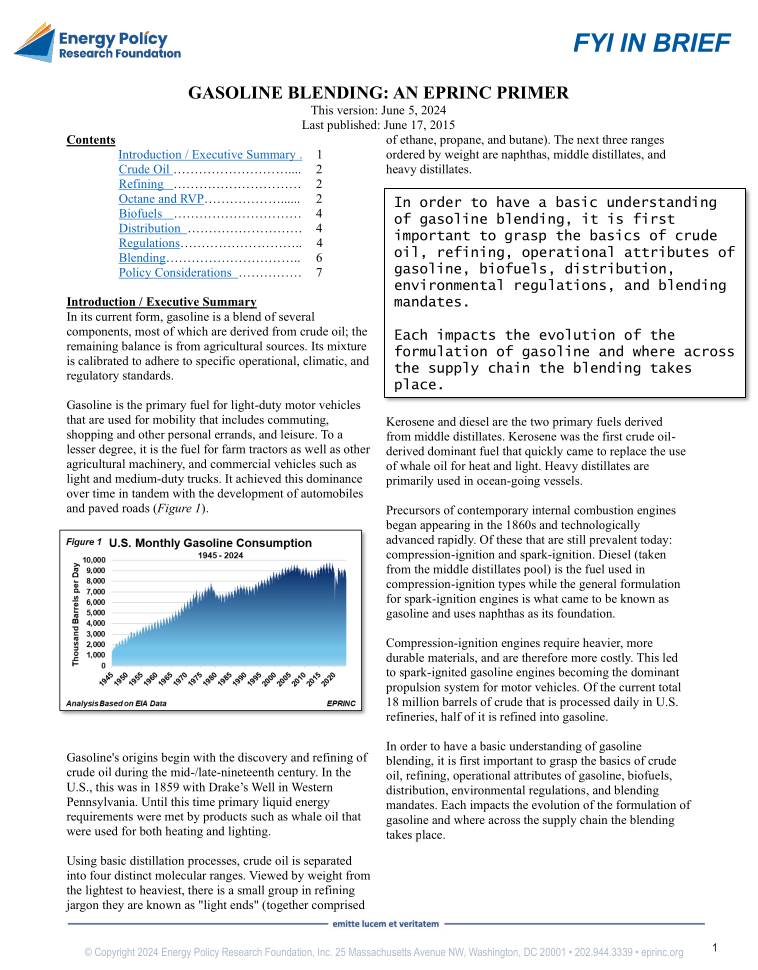

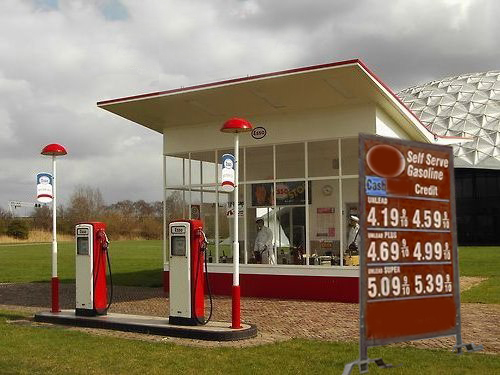

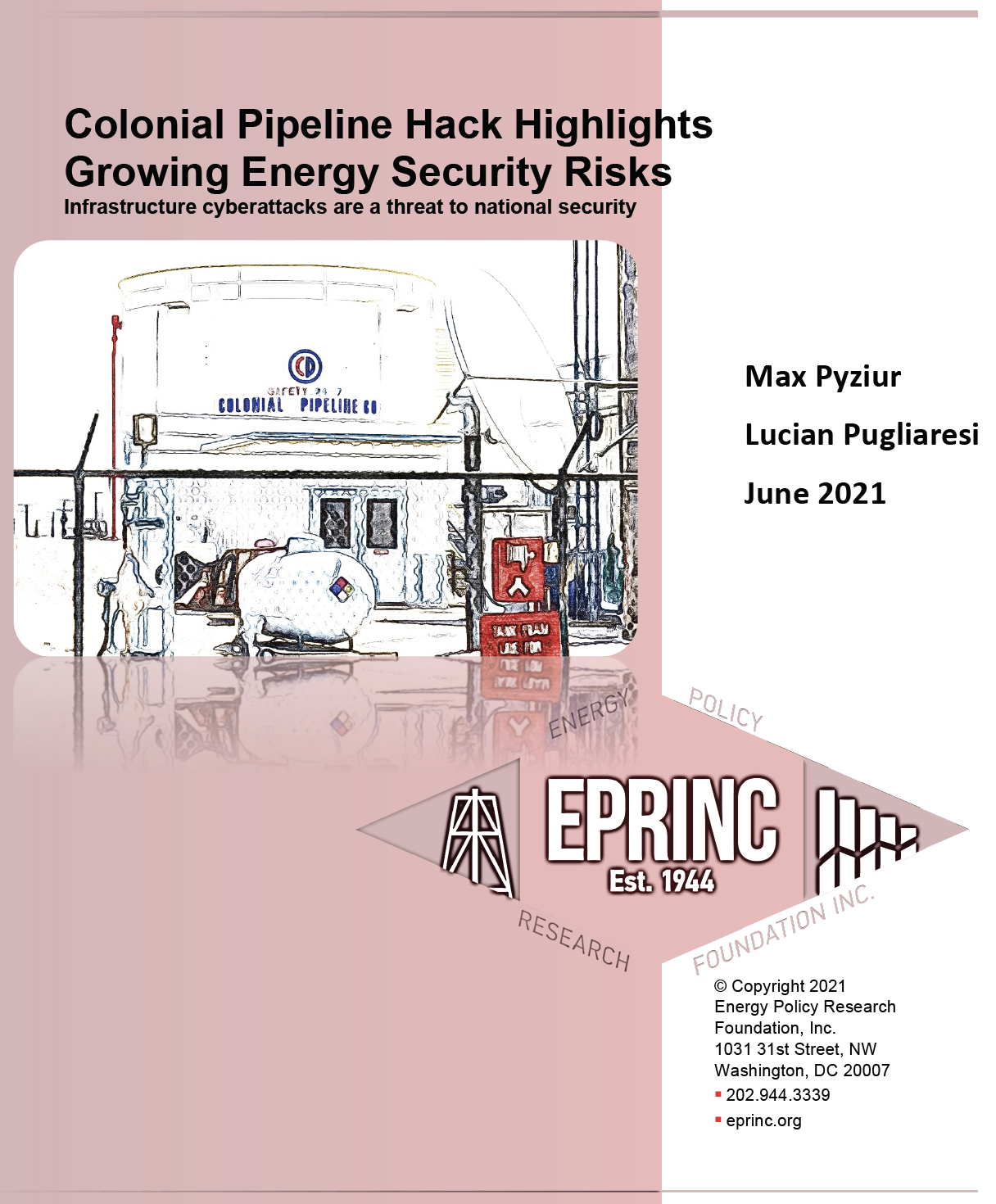
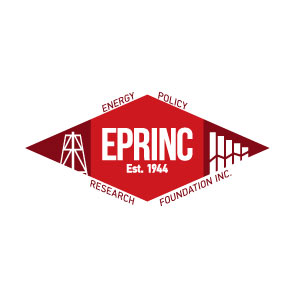



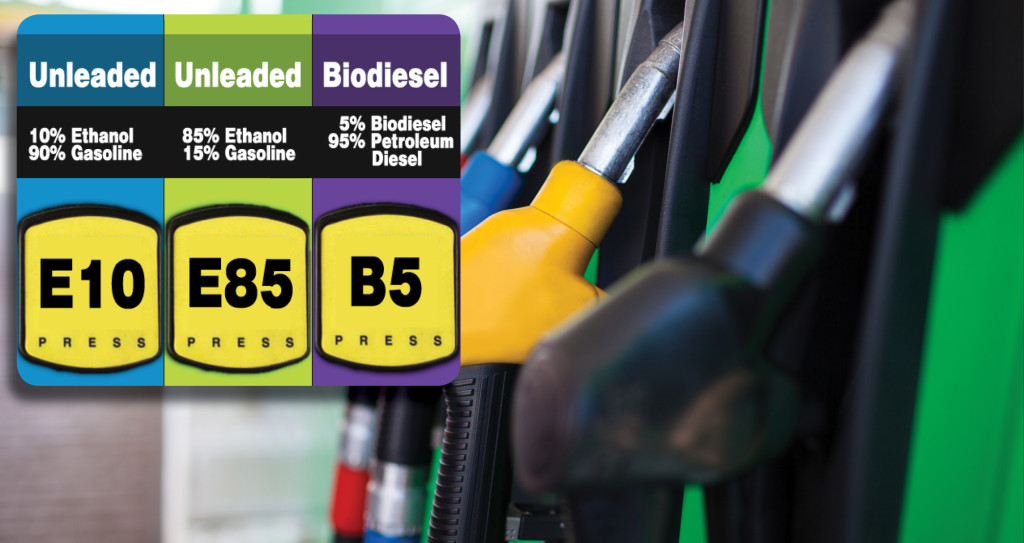
EPRINC estimates that under current law fuel costs could increase by an additional $0.15 to $0.25 per gallon in 2022, with considerable potential for price
© Energy Policy Research Foundation | 25 Massachusetts Ave NW, Suite 500P (Mailbox 14), Washington, DC 20001 | (202) 944-3339 (Phone) | (202) 364-5316 (fax) | info@eprinc.org
Design & Development by Red Clay Creative